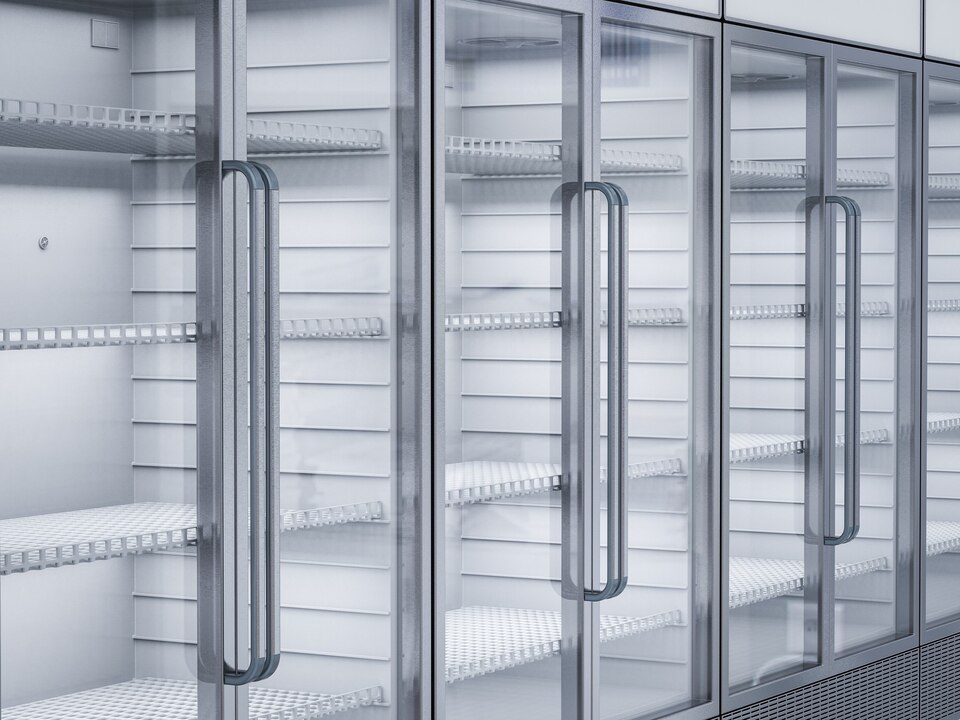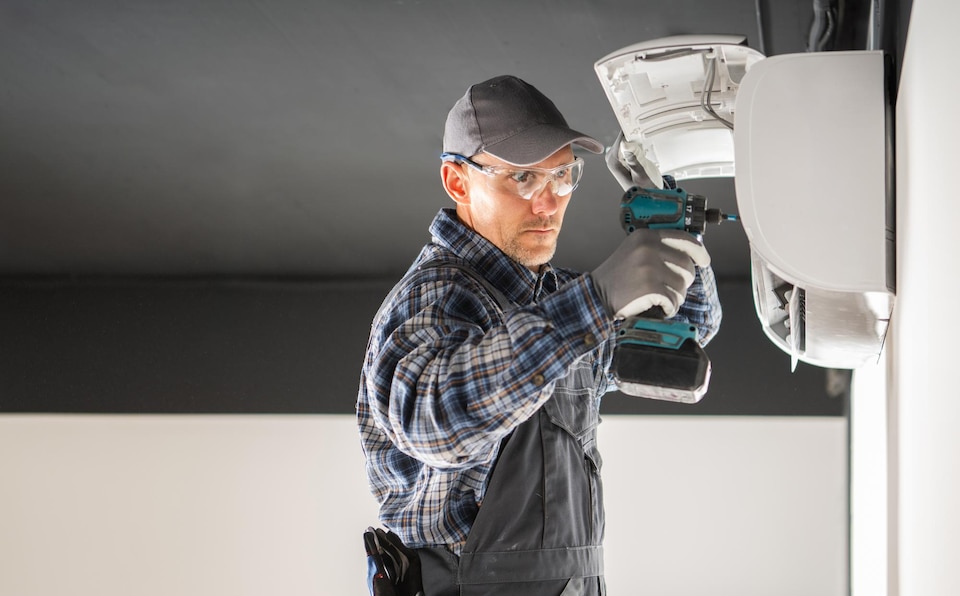Refrigeration units are critical components in many businesses, particularly when it comes to keeping food fresh and safe. For businesses in Laurel, any disruption in refrigeration due to repairs can raise significant concerns about food safety. Ensuring that food remains at the appropriate temperature during these repairs is vital to prevent spoilage and maintain health standards. Proper handling of perishable goods is essential to avoid potential health risks and financial losses.
Food safety isn’t just a technical requirement in commercial settings; it is a top priority to ensure the well-being of customers and the success of the business. When refrigeration units require repairs, it can disrupt normal operations, leading to fluctuations in temperature. Business owners need to be proactive in managing this transition, ensuring that all safety protocols are followed. Awareness of potential risks and effective planning are key components in maintaining food safety during these crucial repair periods.
The Impact of Refrigeration Repairs on Food Safety
During repairs, refrigeration systems can experience downtime or reduced cooling efficiency, which can affect food preservation. Without the system’s cooling support, fresh produce, dairy, meats, and other perishables may not be held at safe temperatures, which poses risks distinct to any service interruption. For business owners, this means ensuring that all products remain above contamination risks.
Several potential risks can emerge when refrigeration units undergo maintenance:
– Temperature Fluctuations: Sudden changes can spoil perishable items.
– Humidity Increases: Can cause mold growth on food, leading to spoilage.
– Extended Repair Time: May lead to prolonged exposure of products to inadequate conditions.
To prevent these problems, businesses in Laurel should actively monitor their products, prepare in advance for potential issues, and consider backup options. Whether it’s manually checking temperatures or rotating stock to cooler areas, these precautions are necessary for safeguarding products. Understanding that refrigeration repairs can disrupt operations empowers businesses to take the steps needed to maintain food safety and ensure they meet regulatory standards during repairs.
Preventive Measures to Ensure Food Safety
Before commencing any repair work, it’s essential to have well-thought-out preventive measures in place to safeguard food products. Businesses should prepare for potential refrigeration downtime by having a backup refrigeration plan. This could involve utilizing portable cooling units or arranging temporary storage in another facility. By implementing such solutions, businesses can minimize potential disruptions to their operations.
Here are specific steps businesses can take:
– Have a backup refrigeration system ready.
– Educate staff on proper food handling and quick response actions.
– Rotate stock to minimize impact on high-priority items.
Proper food storage techniques are equally important. Keeping meats, dairy, and produce at recommended temperatures reduces the risk of spoilage. This requires diligent monitoring of temperatures and quick corrective actions if deviations are detected. It is advisable to keep an eye on the temperature within all storage units, both backup and primary, to act immediately if any inconsistencies arise.
Working with Professional Repair Services
Engaging professional repair services can make a significant difference in ensuring minimal disruption during refrigeration repairs. Our technicians are adept at handling complex issues efficiently, reducing the risk of protracted repairs that could impact food safety. They employ advanced diagnostic tools to quickly identify and address issues, ensuring that repairs adhere to high safety standards.
Scheduled maintenance is another critical aspect of preventing emergency repairs. By routinely servicing equipment, businesses can detect potential problems before they become severe, saving time and resources in the long run. Our experienced technicians can provide insights into maintaining equipment effectively, ensuring that systems remain reliable.
Best Practices During and After Repairs
During repair work, it’s vital to maintain a vigilant approach to food safety. Regularly check temperatures within all storage units to maintain optimum conditions for perishable goods. Record temperature checks and make appropriate adjustments if needed. Once the repairs are complete, ensure that all equipment is thoroughly sanitized.
Here are some best practices to follow:
– Monitor temperatures consistently across all storage units.
– Ensure thorough sanitization of equipment post-repair.
– Establish a routine for conducting regular food safety checks.
These practices not only help maintain food safety but also contribute to the smooth operation of your business in Laurel. By following these steps, businesses can ensure their operations are not only compliant with safety standards but also resilient against future disruptions.
Safeguard Your Business with Professional Care
Maintaining food safety during commercial refrigeration repairs is not just about meeting regulations—it’s about protecting your business and customers. By implementing preventive measures, working with skilled technicians, and adhering to best practices during and after repairs, businesses can safeguard against disruptions and maintain high safety standards. A proactive approach will ensure your business thrives and delivers safe, quality food products to your customers.
If your business in Laurel faces food safety risks during refrigeration repairs, our professionals are ready to help with commercial refrigeration repair in Laurel that minimizes downtime and protects perishable goods. We know how repair work can affect storage temperatures and disrupt operations, so we offer prompt solutions designed to restore stable conditions and secure your products. For a quick estimate or to book a service visit, please contact us today and discover how Hugee Corporation can support your business.




